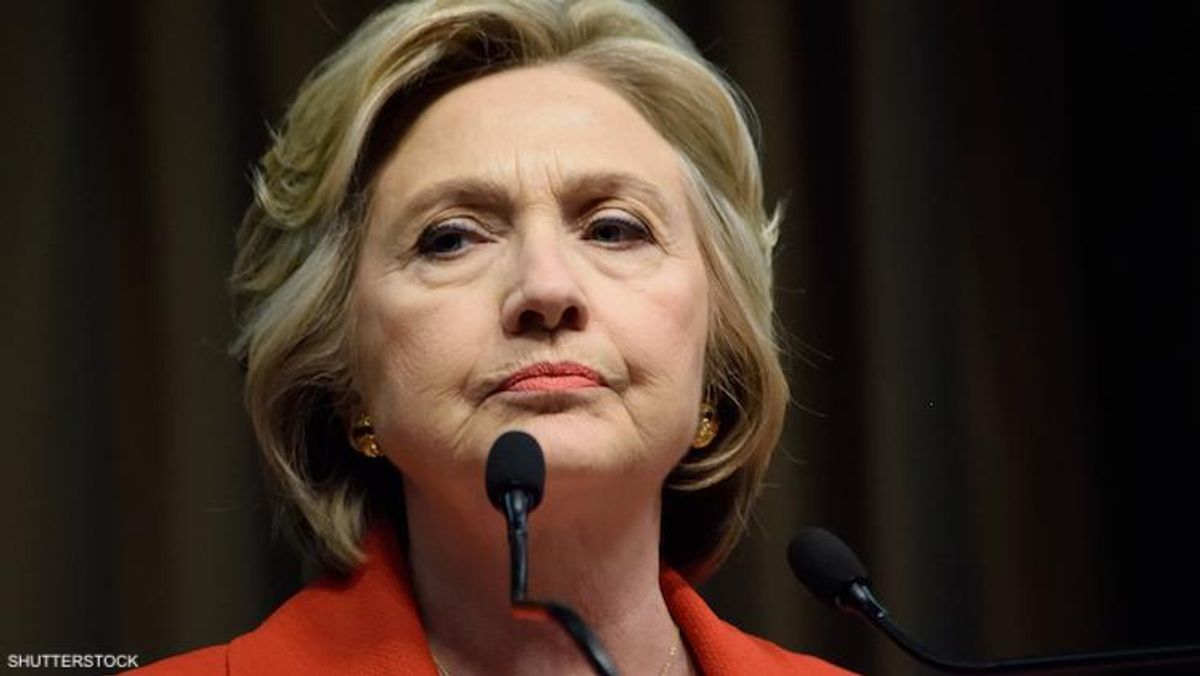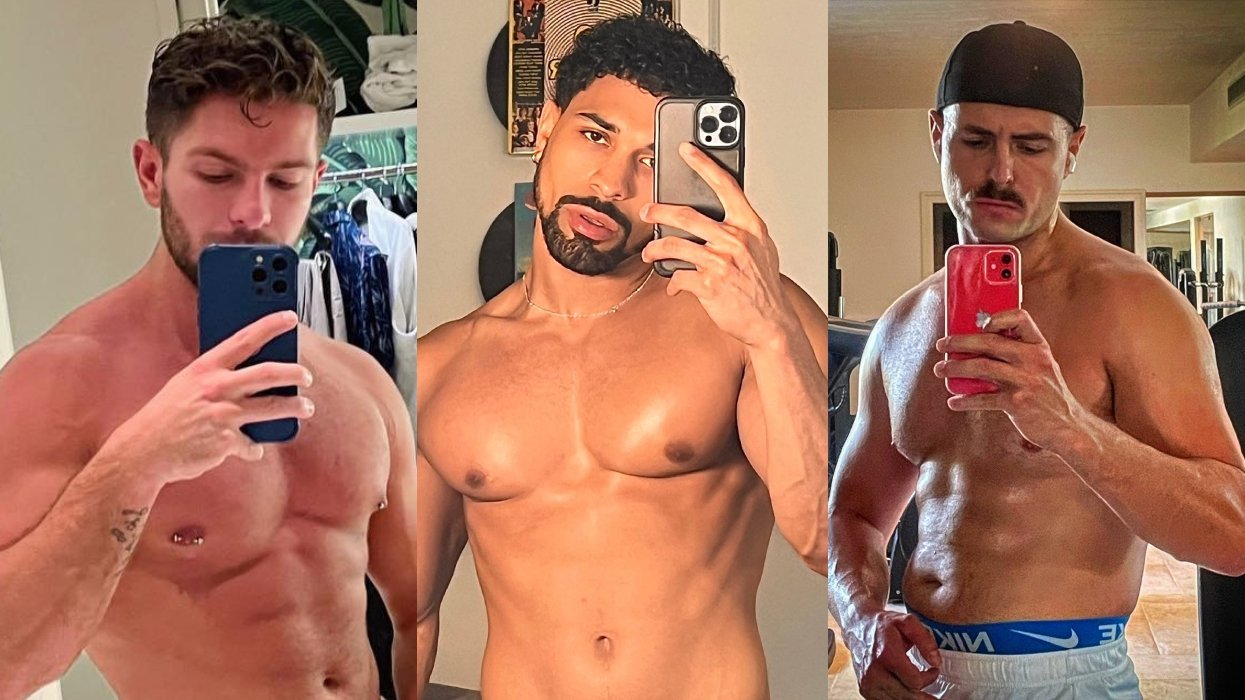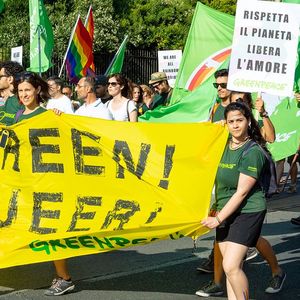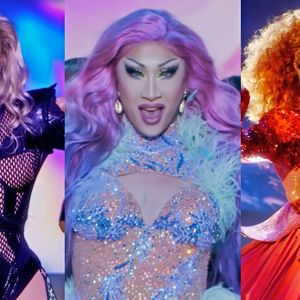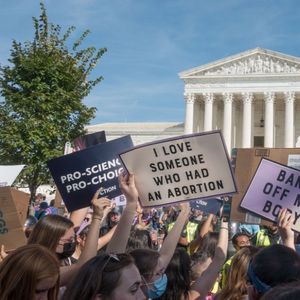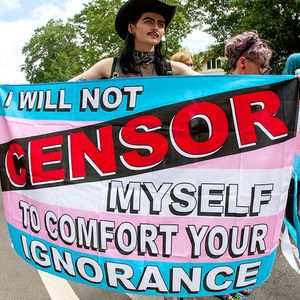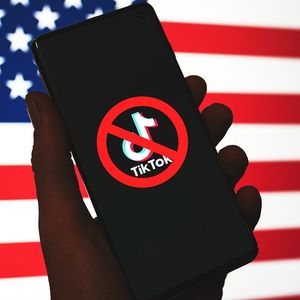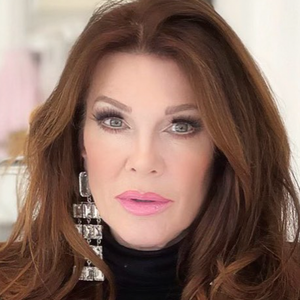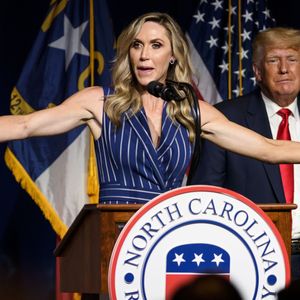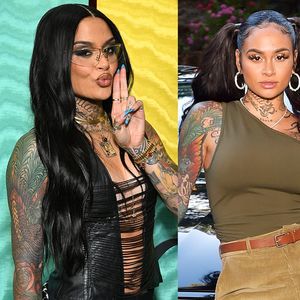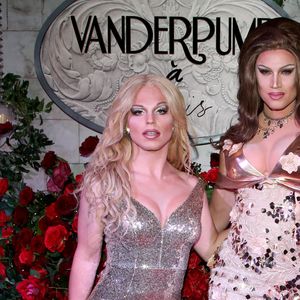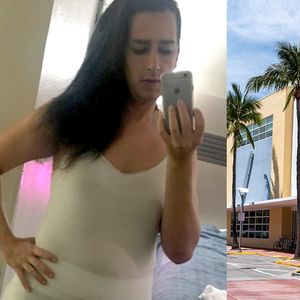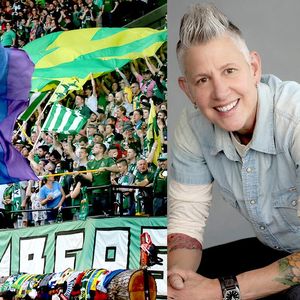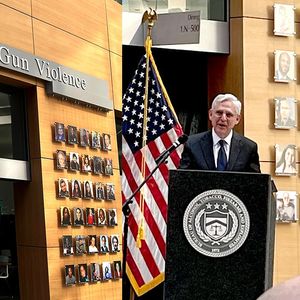All Rights reserved
By continuing to use our site, you agree to our Private Policy and Terms of Use.
A new survey shows that only 52 percent of queer and trans women voted for Hillary Clinton in 2016.
A report released by the women's advocacy group LPAC earlier this week polled 400 LGBTQ+ adults about their overall political engagement. According to their findings, a majority of LBTQ+ women voted for the Democratic candidate during the last election, but a surprising amount did not. Eleven percent cast a ballot for Trump, while 10 percent went for third-party candidates like Jill Stein and Gary Johnson. Twenty-four percent stayed home.
While those results may appear to challenge conventional wisdom that LGBTQ+ people are reliable Democratic voters, the numbers represent historic lows for the GOP. Republican Mitt Romney won 22 percent of the LGBTQ+ vote in the 2012 election, while John McCain earned an even higher 27 percent in 2008.
The LPAC data does not include similar tallies for queer and trans men, but the share of Trump voters is likely to be equally low. Exit polls cited by the Washington Bladeprojected that just 14 percent of overall LGBTQ+ voters went red in 2016.
Meanwhile, the survey indicates that the LGBTQ+ community leans strongly to the left -- even if some of its members apparently weren't Hillary fans in 2016. Sixty-four percent of queer and trans women identify as Democrats, while 17 percent are Independents. Just 13 percent say they are Republicans.
According to LPAC's findings, queer and transgender women are also more broadly politically engaged than their male counterparts. Eighty-one percent of LBTQ+ women say they are motivated to take action on issues on issues they care about, as opposed to 77 percent of GBTQ+ men. Transgender adults -- of all genders -- are the most issue-oriented of the LGBTQ+ spectrum, with 85 percent saying they are likely to get involved in issues that impact their community or other groups.
However, LGBTQ+ men and women are in agreement about which issues are at the top of their agendas in 2020. Among the top issues for all groups were health care, LGBTQ+ equality, and gun control. Queer and trans men put LGBTQ+ equality in their top spot, while women felt healthcare was their top political concern.
But according to Lisa Turner, the senior director for research and political engagement at LPAC, queer and trans women stating disproprtionate concern about one area in particular. These populations were the most likely to cite climate change and the environment as key political issues for them, with Turner reporting that LBTQ+ women "[outpaced] all adults by significant margins" on the subject.
"We did not expect this level of intensity," she toldOut in an email.
Turner added that she was also surprised that "non-college-educated [LBTQ+] women could be a reliable constituency for progressive candidates," even despite assumptions about the preferences of blue-collar voters without a college education.
"[LBTQ+] women voters in the Midwest region of the country, if engaged on the issues that are important to them, could have a direct and consequential impact in the 2020 election cycle," she said.
But just as 48 percent of LBTQ+ women declined to vote for Clinton in 2018, mobilizing these populations to turn out to the ballot box may continue to prove a challenge for Democratic candidates. While queer and trans women are more engaged overall, they are less likely to prioritize voting as a form of collective action. Two-thirds of queer and trans women (66 percent) say voting is necessary to ensure citizens' voices are heard, as opposed to 71 percent of men.
In addition, 17 percent of LBTQ+ women say they do not plan to vote in 2020, while just nine percent of GBTQ+ men say the same.
If political candidates want to better speak to and ignite these voters, Turner believes that the takeaway is that the LGBTQ+ community -- which includes more than 10 million U.S. adults -- is not a monolith.
"Often the interests of the [LGBTQ+] community are conflated with the interests of gay men," she said. "[LBTQ+] women make up the majority of the [LGBTQ+] community, and as an organization that seeks to raise the political voice of [LBTQ+] women, LPAC has long suspected from anecdotal evidence that the issues and causes that drive their civic participation are different from those of [LGBTQ+] men."
"This survey is providing concrete data that will allow LPAC, its allies, and stakeholders to zero-in on [LBTQ+] women as a political universe for a multitude of organizing opportunities," Turner added.
RELATED | Exclusive: Warren Leads Among LGBTQ+ Voters in First-of-Its-Kind Poll
Want more breaking equality news & trending entertainment stories?
Check out our NEW 24/7 streaming service: the Advocate Channel!
Download the Advocate Channel App for your mobile phone and your favorite streaming device!
From our Sponsors
Most Popular
38 Male Celebs Who Did Full Frontal Scenes
These are all the celebrities Who came out as LGBTQ+ in 2023
29 LGBTQ+ celebs you can follow on OnlyFans
26 actors who showed bare ass in movies & TV shows
16 times male celebrities had to say they weren't gay
21 LGBTQ+ reality dating shows & where to watch them
15 Unforgettable Gay Kissing Scenes From TV & Movies
14 queens who quit or retired from drag after 'RuPaul's Drag Race'
40 steamy celebrity Calvin Klein ads we'll always be thirsty for
The 15 Best LGBTQ+ Movies of 2023
Trending stories from our video partner Advocate Channel.
For more videos and shows go to advocatechannel.com.



